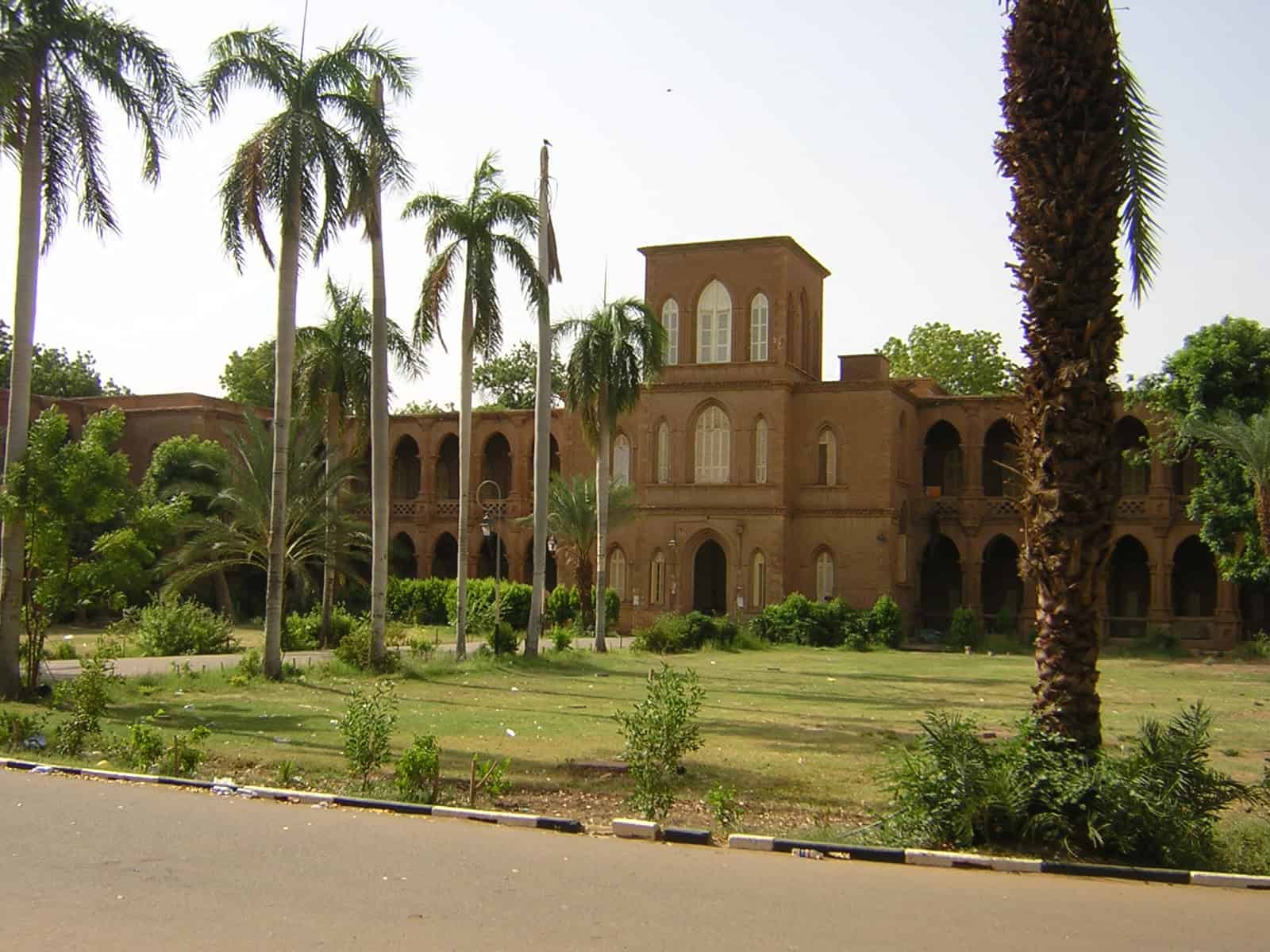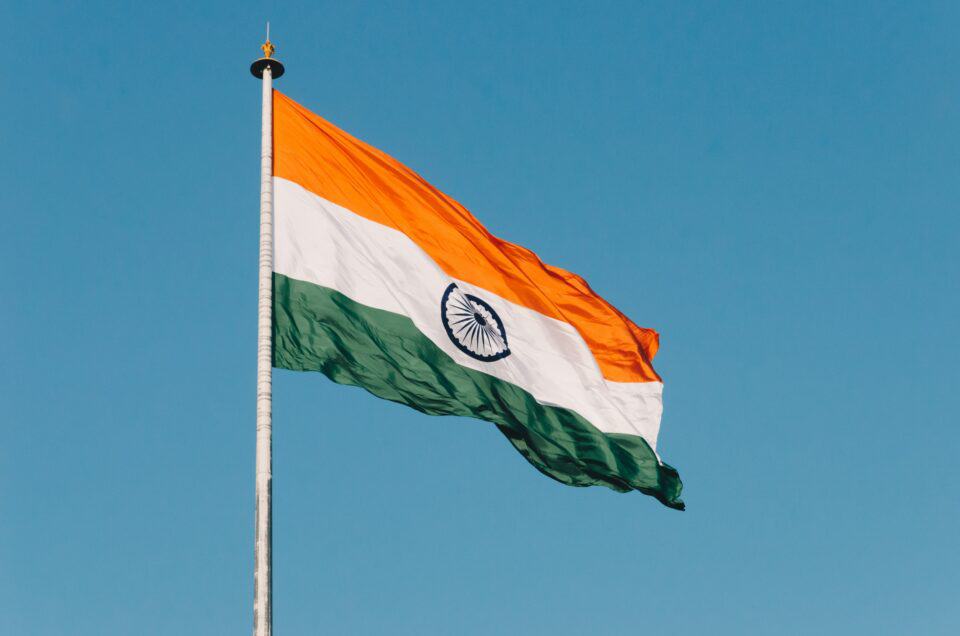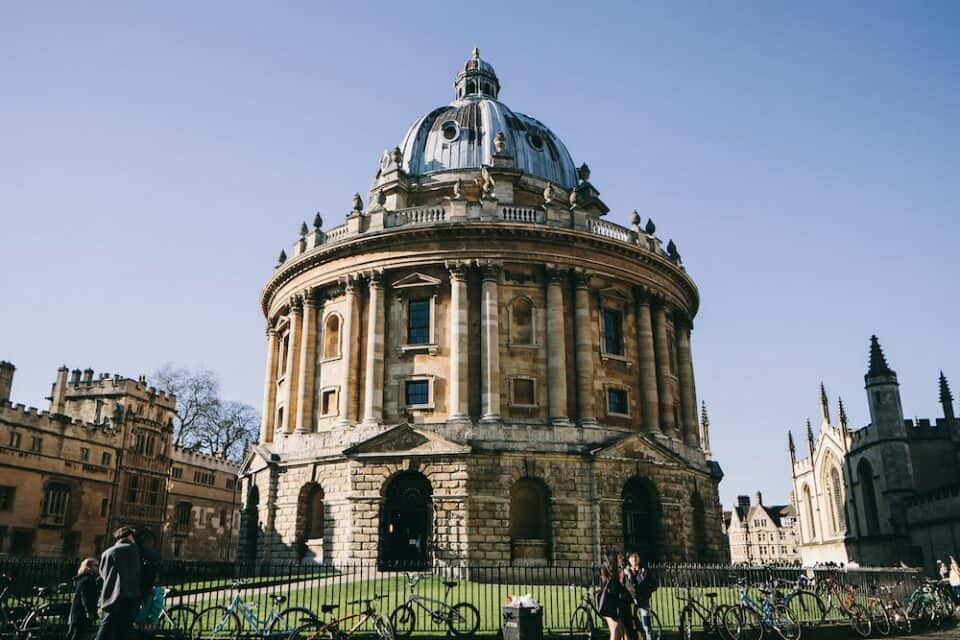This spring marked the one-year anniversary of the civil war in Sudan, a highly complex displacement crisis that has forced more than 8.6 million people to flee their homes since April 15, 2023.
The destruction of universities and schools across the country, as well as the forced migration of staff and students, have led to a complete standstill in teaching and research activities that will have economic implications outlasting the war itself, academics warn.
According to the Sudan Heritage Protection initiative, more than 100 Sudanese universities had suffered extensive damage or total destruction less than eight months into fighting, with most universities intentionally targeted or looted rather than caught in crossfire.
While conflicts in Gaza and Ukraine have captured global attention, campaigners from Student Action for Refugees say that the crisis in Sudan has been largely overlooked on the international stage, including by the higher education community.
The PIE spoke to Sudanese students in the UK about the war’s impact on their education and the barriers they’ve faced to continuing their studies at UK universities.
Safia, Ali and Nada
When the Abdulla family fled Khartoum for the UK in April 2023, they were forced to leave almost everything behind.
Safia, a recent graduate of the University of Khartoum, was the only family member able to bring her university transcripts with her.
Her brother, Ali*, in the fourth year of his pharmacy degree, and her sister, Nada*, a first-year engineering student at UofK, were unable to access any proof of their studies.
“A university isn’t just the buildings, it’s also the software, the clouds, the drives, where everything is saved. Our website is down; you can’t access databases; the university doesn’t know how many students and graduates it has because it’s lost all its data,” says Safia.
As dual Sudanese and British citizens, the family settled just outside of London, but without refugee status or university transcripts they are unable to continue their studies at UK universities.
As a refugee, a lot of things are waived, but as a UK citizen fleeing the war, you don’t get much support
Safia Abdulla
More than 30 UK institutions have signed up to the Universities of Sanctuary program enabling refugees and asylum seekers to access UK higher education, but Nada and Ali do not qualify due to having British citizenship.
According to academics, conflicts such as those in Sudan and Yemen have not seen the same wide backing from the academic community as those in Afghanistan and Ukraine.
“One thing that isn’t really mentioned is the difference between being a refugee and being a UK citizen. As a refugee, a lot of things are waived, but as a UK citizen fleeing the war, you don’t get much support,” says Safia.
“We have UK citizenship, but you need proof that you’ve been here for three years to qualify for home fees. But these are exceptional circumstances. Lots of things have been waived for British-Ukrainians for example, so you’d think it would be similar for Sudanese people with dual nationality, but no.”
Nada received offers from the University of Edinburgh and the University of Hull to transfer and continue her engineering studies, but she was unable to provide proof of enrollment at UofK and the universities refused to accept her without documentation.
“Several [UK] applications require proof of the dean’s stamp, but our dean can’t access his stamp. Our dean can’t even access his institutional email because the server is down,” Safia claims.
Even if Nada was to take A-Levels in the UK before embarking on a degree at a UK university, she would only have been a resident for two years and would not be eligible for home fees.
After contacting more than 30 university admissions teams, Nada says she was repeatedly told that “only Afghan and Ukrainian students are exempted from the three-year residency requirement while there is nothing for British-Sudanese students.”
When pressed on the matter by the chair of the APPG for Sudan and South Sudan Vicky Ford in August 2023, the education secretary Gilian Keegan responded three months later reiterating that to be eligible for home fee status and student finance, a student must be a resident of the UK for three years.
“To allow flexibility in dealing with the circumstances of individual applicants, higher ed providers can waive or reduce fees where they consider it appropriate to do so. The onus would fall to individual applicants to provide a compelling and persuasive case to their individual university which would warrant this,” Keegan added.
Having no luck in the UK, Ali has moved to Northern Cyprus to continue his pharmaceutical studies in a more affordable destination, but he is worried about his career prospects as degrees from Northern Cyprus are not internationally recognised.
Safia says: “It’s not just education, it’s everything. There are a lot of things where Sudanese people are not included and it truly does seem like a forgotten war.
“Even if you managed to leave the country, it feels like you’re neglected.”.
Husna
Husna Hussain was in the fifth and final year of her pharmacy degree at the Ahfad University for Women in Khartoum when the war broke out in Sudan on April 15, 2023.
A Sudanese and British citizen, Husna was forced to flee her home, travelling with her stepmother and two siblings to join her father in Waltham Forest, London.
The family’s passports were removed from Khartoum by the British embassy at the start of the conflict. What would ordinarily be a 10-hour journey by plane took more than a month’s travelling through the war-torn country to retrieve their passports and fly to London.
Not everyone gets a second chance
Husna Hussain
“I was 16 when I started university in Sudan, I was very smart at that time!” she says.
Husna completed a one-year university preparatory program before embarking on a five-year pharmacy degree. Now 21, she would be a fully qualified pharmacist if she’d been able to finish her studies in Sudan.
Despite having less than one tenth of her degree still to finish, AUW’s pharmacy school maintained it could not move teaching online due to the course’s practical elements. After enduring extensive damage throughout the war, AUW is now no longer functioning at all.
Finding that UK universities don’t accept transfers from Sudan onto their four-year MPharm qualification, Husna was faced with the choice of giving up a career she had worked towards for nearly five years or starting from scratch in the UK. She chose the latter.
Husna is hoping to start the MPharm at the University of Kingston in September 2025. Despite the long road ahead, she says she is excited to go back to university.
“Some of my friends in Sudan have been waiting for six months just to get their university transcripts. I feel lucky that I have many solutions and many opportunities.
“I was a bit worried about taking pharmacy again from the beginning and going through the whole process. But then I went to the university open days and saw the labs and the clinics, and the teaching was so different from what I did, so I think it’s okay to take the chance. Not everyone gets a second chance.”
*Names have been changed










